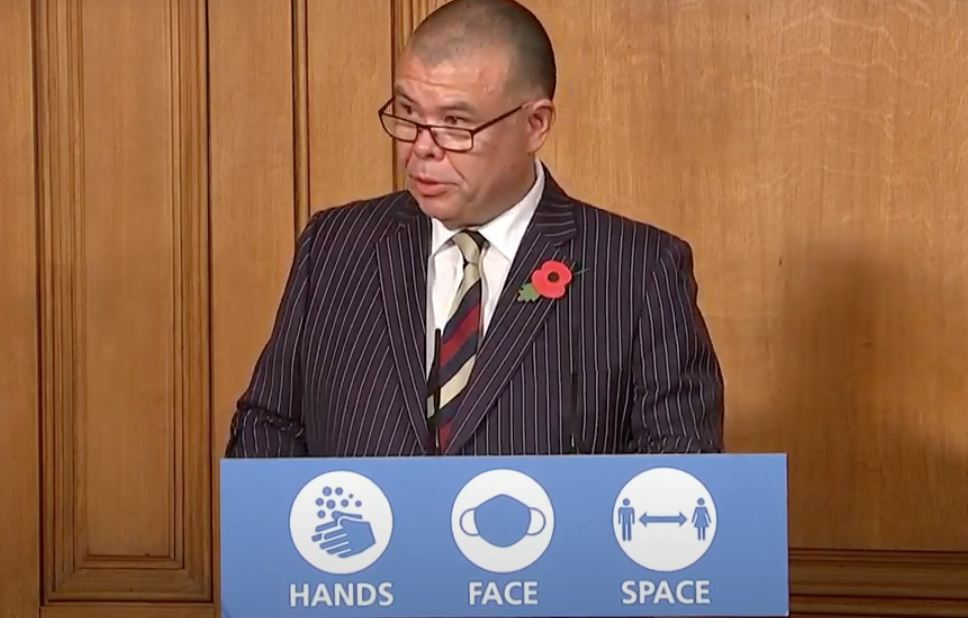Covid vaccine will take six weeks after first jab to give full protection

Anyone getting a coronavirus vaccine will likely have to wait around six weeks after their first jab to get full protection, one of the government's top doctors has said.
Speaking at a press conference on Monday Boris Johnson and his officials attempted to cool optimism about the possibility of an imminent vaccine, warning there was still some stages to go.
Jonathan Van-Tam, the government's deputy chief medical officer, said all but one of the vaccine candidates would require a first shot and then a booster shot three to four weeks later.
The "basic immunological principles" suggested people would then have to wait a two weeks after that second shot before they were protected to whatever extent the vaccine allowed, he said.
Professor Van-Tam said it was not yet clear the extent to which or when vaccines would reduce transmission and allow society to return to pre-pandemic norms.
But he said when they were deployed "over a period of time they will make a significant difference to the kind of disease levels we see in the UK at the moment".
He told the press conference: "All but one of the vaccines that are the likely big name contenders over the next 12 months or so have a vaccine that requires two doses to give protection, and the interval between the two doses varies between 21 and 28 days apart.
"On basic immunological principles, we would expect the response to a vaccine to be maximal, not before at 14 days has elapsed after the dose.
"So yes there'll be some partial protection after a first dose, one would think. But the safe space is have two doses, wait at least 14 days and at that point you can be assured that to the extent that you body is going to work with the vaccine to produce antibodies to protect you, that is when you're going to get into the period where you are protected.
"So, I'm afraid I'm saying, to be sure 14 days after the second dose."
The news conference came after pharmaceutical companies Pfizer and BioNTech announced that they have developed a vaccine for Covid-19 shown to be 90 per cent effective at preventing the disease in large-scale clinical trials.
The vaccine has been tested on 43,500 people in six countries, with no safety concerns raised. An is application pending for emergency approval to deploy it by the end of the month.
Join our commenting forum
Join thought-provoking conversations, follow other Independent readers and see their replies
Comments
Bookmark popover
Removed from bookmarks